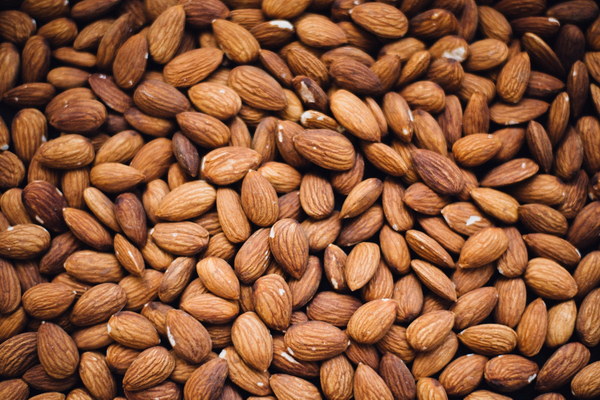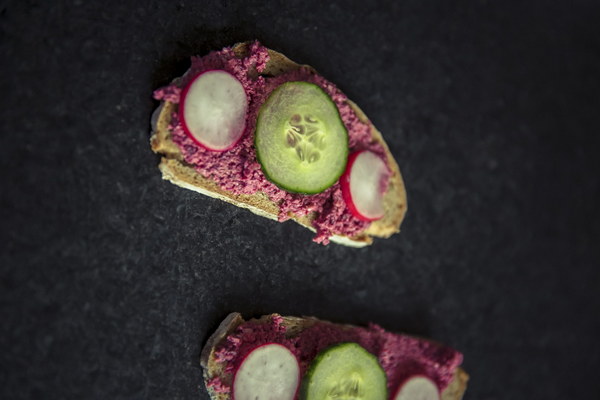Joint Effusion Nourishing Remedies for Joint Swelling through Diet
Joint effusion, also known as joint swelling, is a common condition that can be caused by various factors such as arthritis, infection, or injury. While medication and physical therapy are essential components of treatment, incorporating a balanced diet can also play a crucial role in managing joint effusion. In this article, we will explore the best food choices for joint effusion and how they can help alleviate symptoms.
1. Anti-inflammatory Foods
Inflammation is often a key factor in joint effusion. To combat this, it is essential to consume foods rich in anti-inflammatory properties. Some of the best choices include:
a. Fatty Fish: Fish like salmon, mackerel, and sardines are high in omega-3 fatty acids, which have been shown to reduce inflammation. Aim to consume fatty fish at least twice a week.
b. Turmeric: This spice contains curcumin, a compound that has potent anti-inflammatory properties. Add turmeric to your meals or use it in smoothies and marinades.
c. Berries: Berries, such as strawberries, blueberries, and blackberries, are rich in antioxidants and anti-inflammatory compounds. Incorporate them into your diet by adding them to salads, smoothies, or as a snack.
2. Hydration
Proper hydration is crucial for joint health. Drinking plenty of water can help reduce joint swelling and improve overall mobility. Aim to drink at least 8-10 glasses of water per day.
3. Foods Rich in Vitamin D
Vitamin D plays a vital role in maintaining bone and joint health. Foods rich in vitamin D include:
a. Fortified Dairy Products: Choose fortified milk, cheese, and yogurt to increase your vitamin D intake.
b. Egg Yolks: Egg yolks are a great source of vitamin D. Consume them in moderation, as they are also high in cholesterol.
c. Fatty Fish: As mentioned earlier, fatty fish like salmon, mackerel, and sardines are high in vitamin D.
4. Foods High in Calcium and Magnesium
Calcium and magnesium are essential minerals for bone health and can help reduce joint swelling. Some of the best sources of these nutrients include:
a. Dark Leafy Greens: Foods like kale, spinach, and collard greens are rich in calcium and magnesium. Include them in your salads, smoothies, or as a side dish.
b. Almonds: Almonds are a great source of magnesium and can be added to salads, smoothies, or as a snack.
c. Dairy Products: Cheese, milk, and yogurt are excellent sources of calcium and magnesium.
5. Foods High in Vitamin K
Vitamin K is essential for bone health and can help reduce joint swelling. Some of the best sources of vitamin K include:
a. Leafy Greens: Leafy greens like kale, spinach, and broccoli are rich in vitamin K. Incorporate them into your diet by adding them to salads, smoothies, or as a side dish.
b. Nuts: Almonds, Brazil nuts, and walnuts are good sources of vitamin K.
c. Fortified Foods: Fortified orange juice and soy milk are also excellent sources of vitamin K.

Remember, while diet can play a significant role in managing joint effusion, it should not replace medical treatment or advice. Consult with your healthcare provider to develop a comprehensive treatment plan tailored to your specific needs.
In conclusion, joint effusion can be a challenging condition to manage, but incorporating certain foods into your diet can help alleviate symptoms and support overall joint health. Focus on anti-inflammatory foods, stay hydrated, and ensure you are getting adequate amounts of vitamins, minerals, and antioxidants. With the right dietary choices, you can take an essential step towards managing joint effusion and improving your quality of life.









